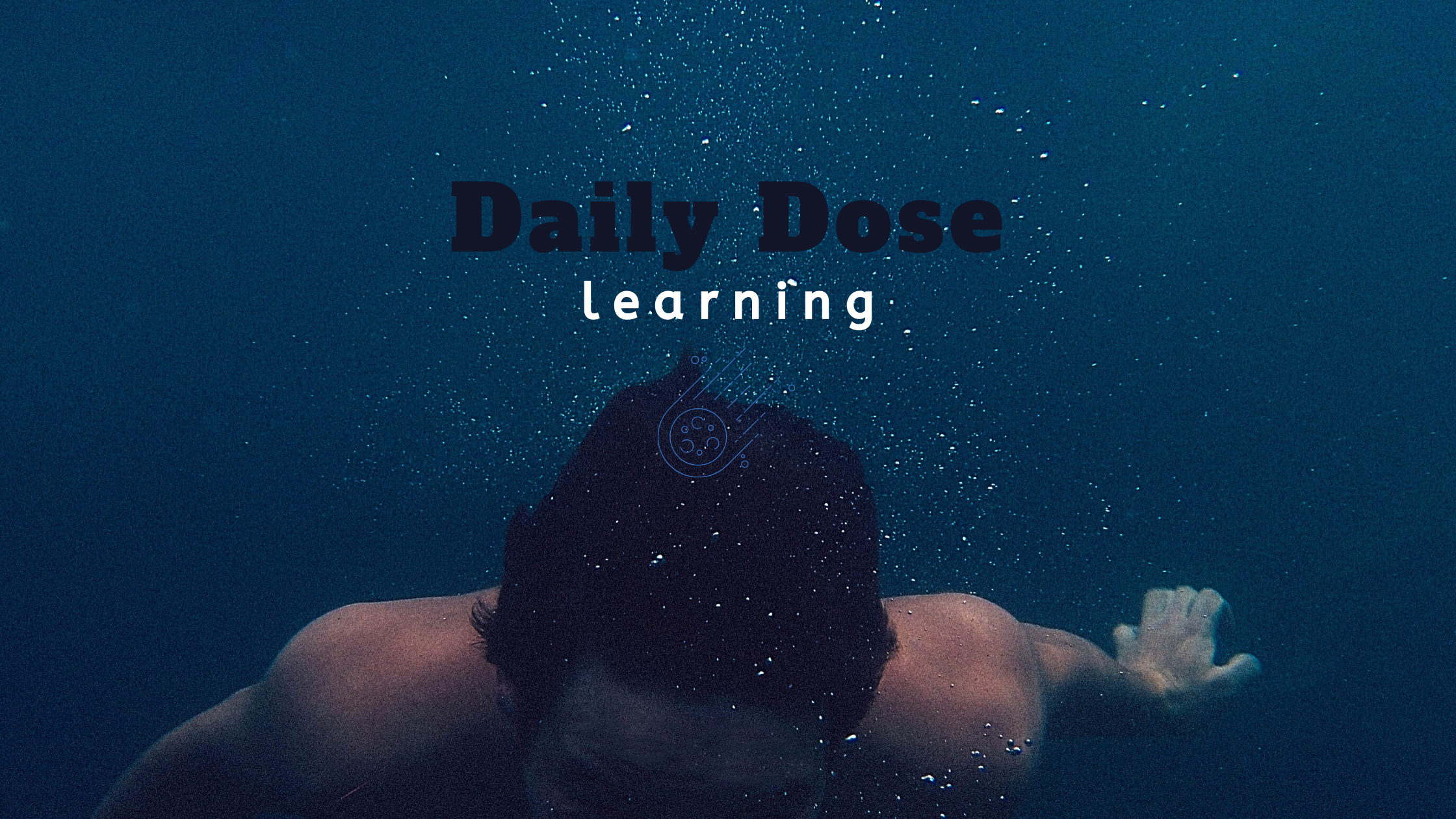Day 6 | Daily Dose of learning
This project is inspired by the ‘100-day project’, a challenge consisting of committing to doing an activity everyday for 100 days.
I have decided to write about one thing I learn everyday for the next 30 days. This can be a skill, a deep concept to elaborate on, or a mere life lesson that made me become aware of something I consider relevant.
The decision is based on the belief that “we are what we repeatedly do”, as Valentin Perez put it.
Words are not Violence | from ‘The Coddling of the American Mind’
The Coddling of the American mind is a book by Greg Lukianoff and Jonathan Haidt. In this passage, the authors point out how we should not condemn speeches and spoken concepts that do not resonate with us as violence. Violence is physical, and we should be more prone to get exposed to wide arrays of arguments that do not necessarily belong to what we think to be true.
This can only bring benefits in terms of open-mindedness. In addition, recognizing this difference makes it possible to take full ownership and understand that, in the end, what really matters is our perception of speech and how we choose to manage it internally.
Some portion of what is commonly called political correctness is just being thoughtful or polite - using words in a way that is considerate to others. But students make a serious mistake when they interpret words - even words spoken with hatred - as violence.
In a 2017 essay in the New York Times, the argument that words can be violence was made by Lisa Feldman Barret, a well-respected professor of psychology. She offered the syllogism: "If words can cause stress, and if prolonged stress can cause physical harm, then it seems that speech - at least certain types of speech - can be a form of violence.
Just rerun the syllogism by swapping in 'breaking up with your girlfriend' or 'giving students a lot of homework'. Both of these can provoke stress in someone else, and stress can cause harm, so both can cause harm. That doesn't mean that they are violent acts.
But if you keep the distinction between speech and violence clear in your mind, then many more options are available to you. First, you can take the Stoic response and develop the ability to remain unmoved. As Marcus Aurelius advised, "Choose not to be harmed - and you won't feel harmed. Don't feel harmed - and you haven't been." The more ways your identity can be threatened by casual daily interactions, the more valuable it will be to cultivate the Stoic (and Buddhist, and CBT) ability to not be emotionally reactive, to not let others control your mind and your cortisol levels. The Stoics understood that words don't cause stress directly; they can only provoke stress and suffering in a person who has interpreted those words as posing a threat.
The Internet will always be there; extremists will always be posting potentially offensive images and statements; some groups will be targeted more than others. It's not fair, but even as we work to lessen hatred and heal divisions, all of us must learn to ignore some of the things we see and just carry on with our day.
“I don’t want you to be safe ideologically. I don’t want you to be safe emotionally. I want you to be strong. That’s different. I am not going to pave the jungle for you. Put on some boots, and learn how to deal with adversity. I’m not going to take all the weights out of the gym; that’s the whole point of the gym. This is the gym.”

